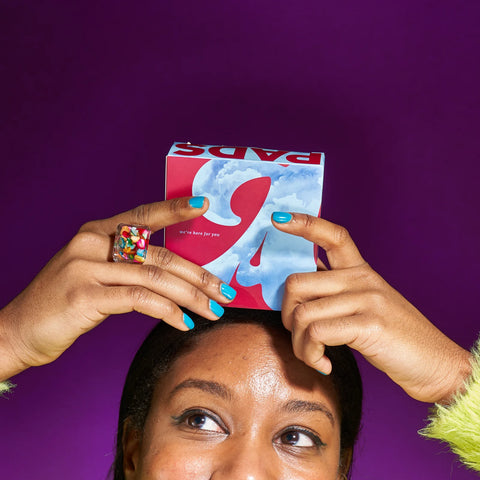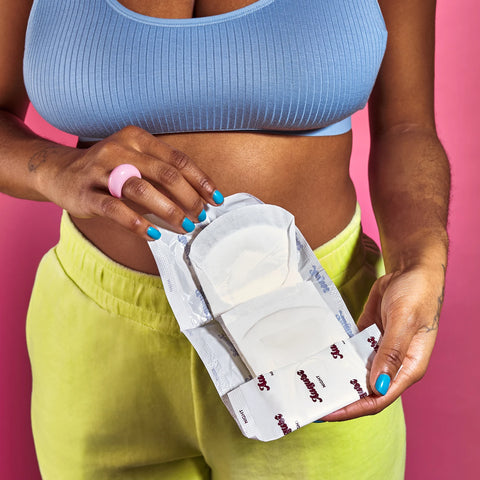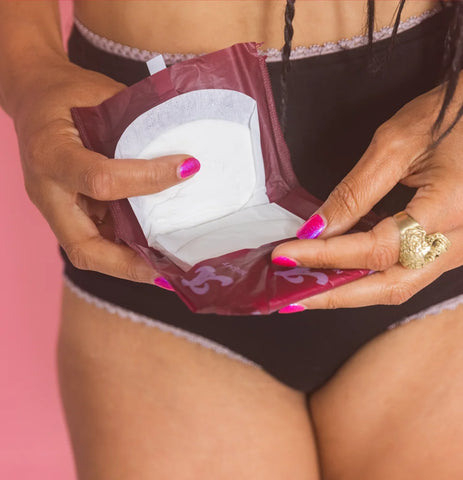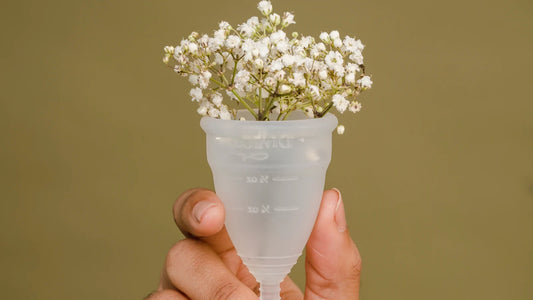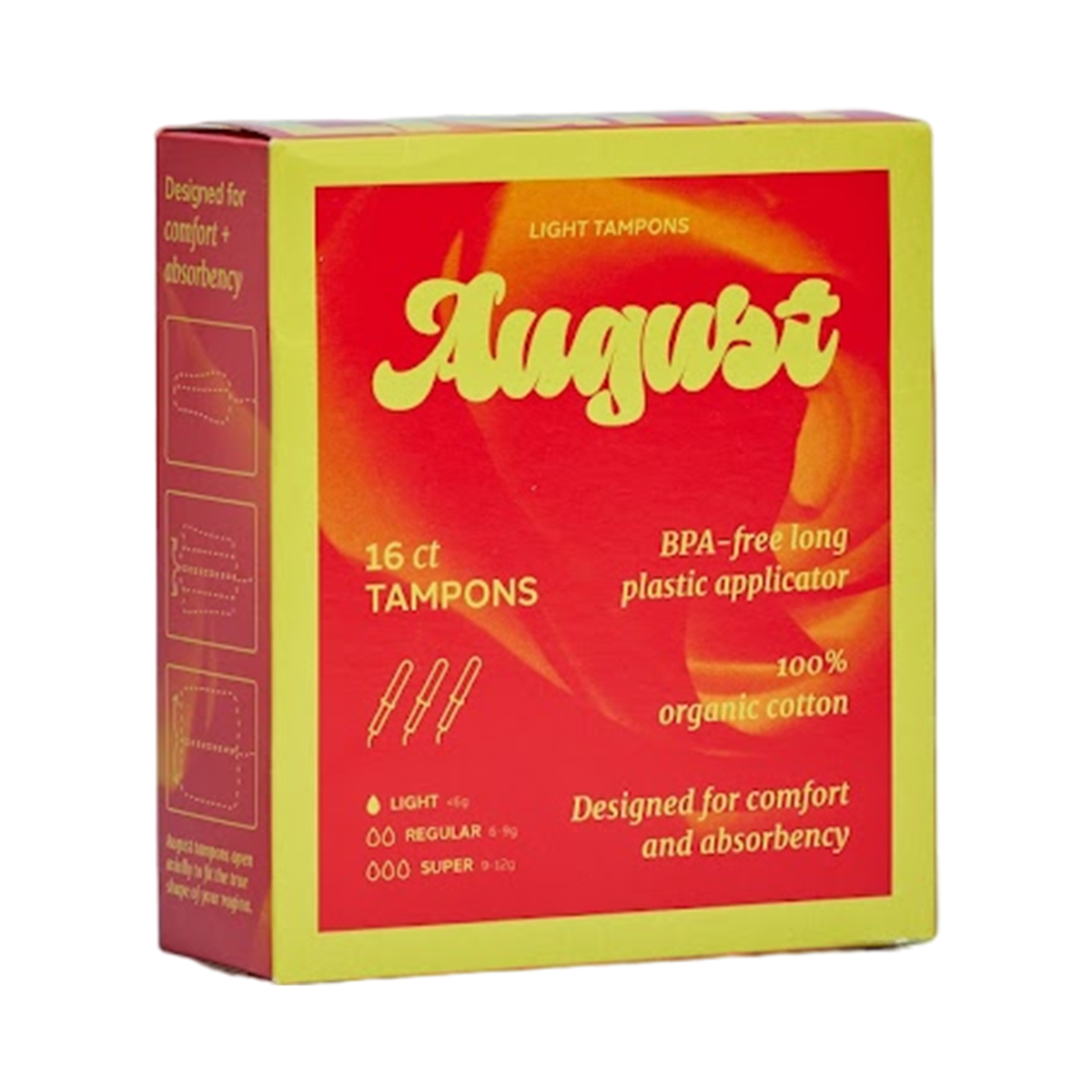
Why do some people menstruate earlier than others?
One of the most common reasons for some people to have a delayed period is due to weight fluctuations. Those with low weight or extra weight both have a chance of a postponed period. Also, high intensity athletes or those who do too much exercise are at risk of stopping a period from coming. Try to notice if your body is going through the changes that come before a period (breasts start developing, vaginal discharge, etc.). If most of your friends are experiencing those signs and you aren’t, it’s no big deal to go check with a doctor.
Most people get their first period when they're between 10 and 15 years old. The average age is 12, but every body has its own schedule. Although there's no one right age for someone to get their period, there are some clues that it will start soon. Typically, a period comes about 2 years after breasts start to develop. Another sign is vaginal discharge fluid (sort of like mucus). This discharge usually begins about 6 months to a year before the first period.
Low weight: If you weigh much less than normal, that can affect your hormone levels and prevent you from getting your period. If your weight is 10% less than what’s healthy for your height, it can keep your hormones from working right and actually stop your periods. This is why those who have eating disorders like anorexia or bulimia may not start menstruating.
Extra Weight: If you’re obese, you may not have your first period at the usual time, either. To set a monthly menstrual cycle, your body needs a normal range of fat levels. Too much or too little body fat can lead to delayed periods.
Too Much Exercise: Pushing your body too hard physically also can make your first period come late. This can happen with ballet dancers, runners, or other athletes. Intense workouts burn lots of calories and can leave very little body fat. Mix that with competitive pressure, and your period could be postponed until you’re well into high school. Athletes with menstrual dysfunction should speak with their doctors, as they can be at risk for the ‘Female Athlete Triad’. The Triad is an interrelationship of menstrual dysfunction, low energy availability (with or without an eating disorder), and decreased bone mineral density; it is relatively common among young menstruators participating in sports.








